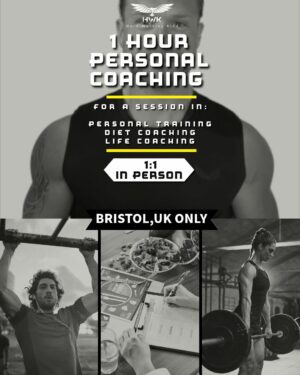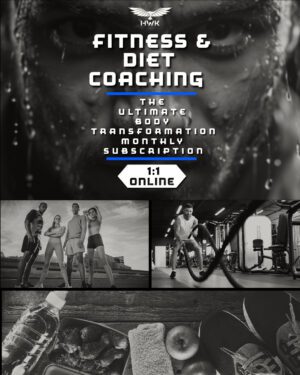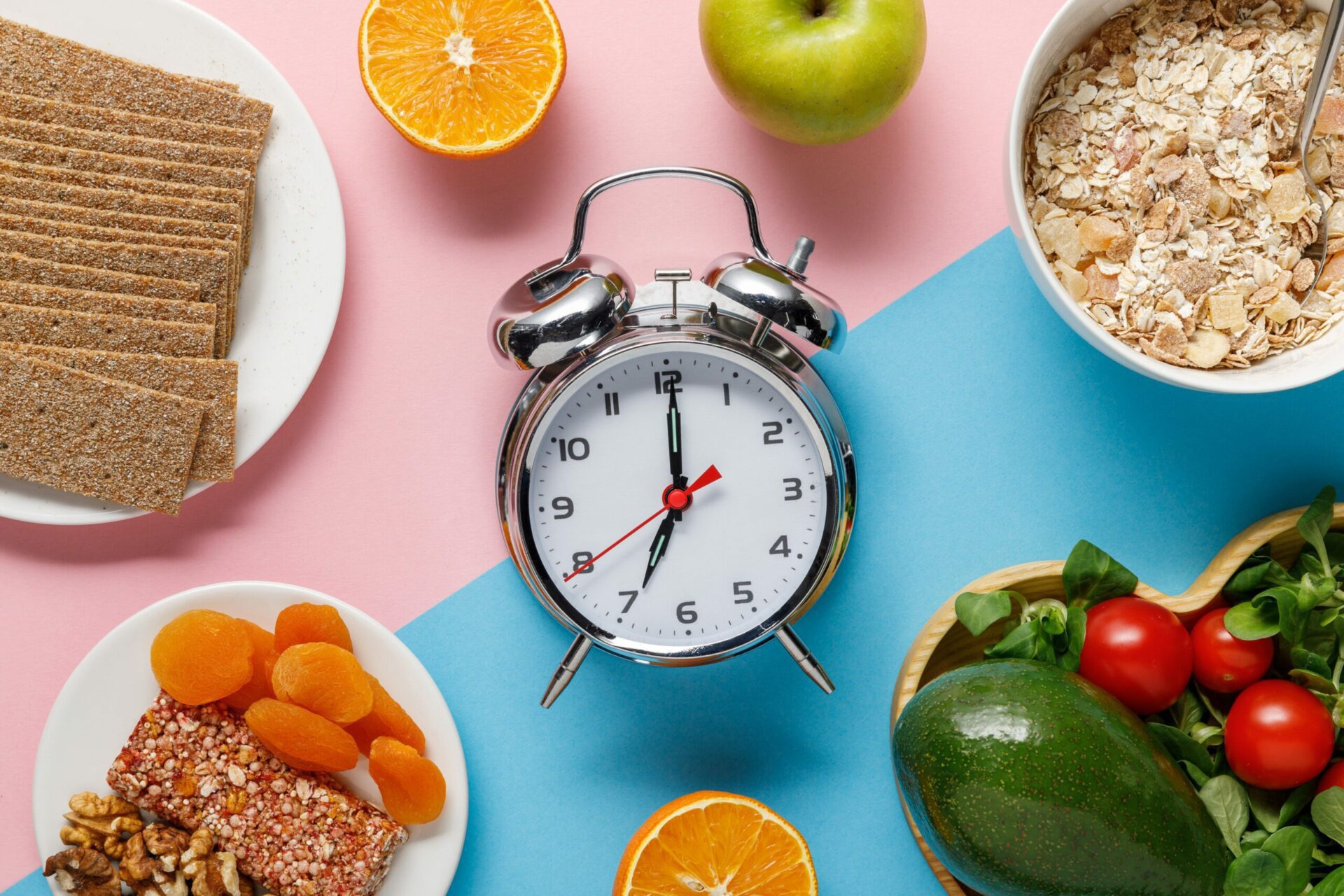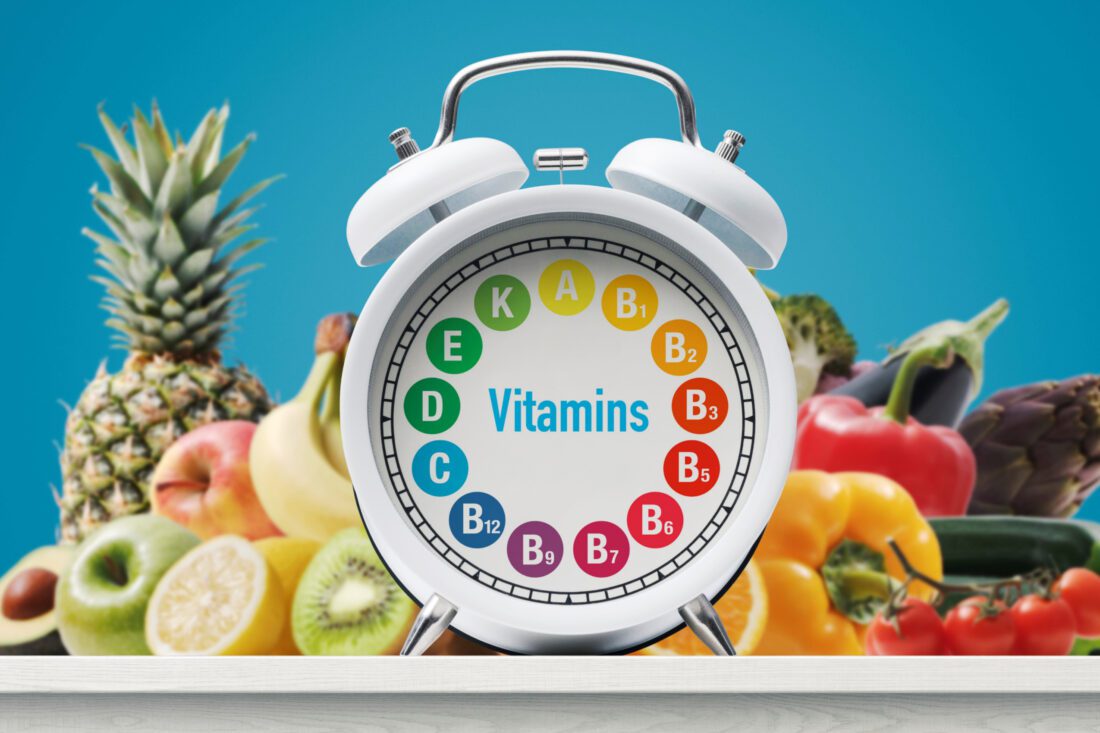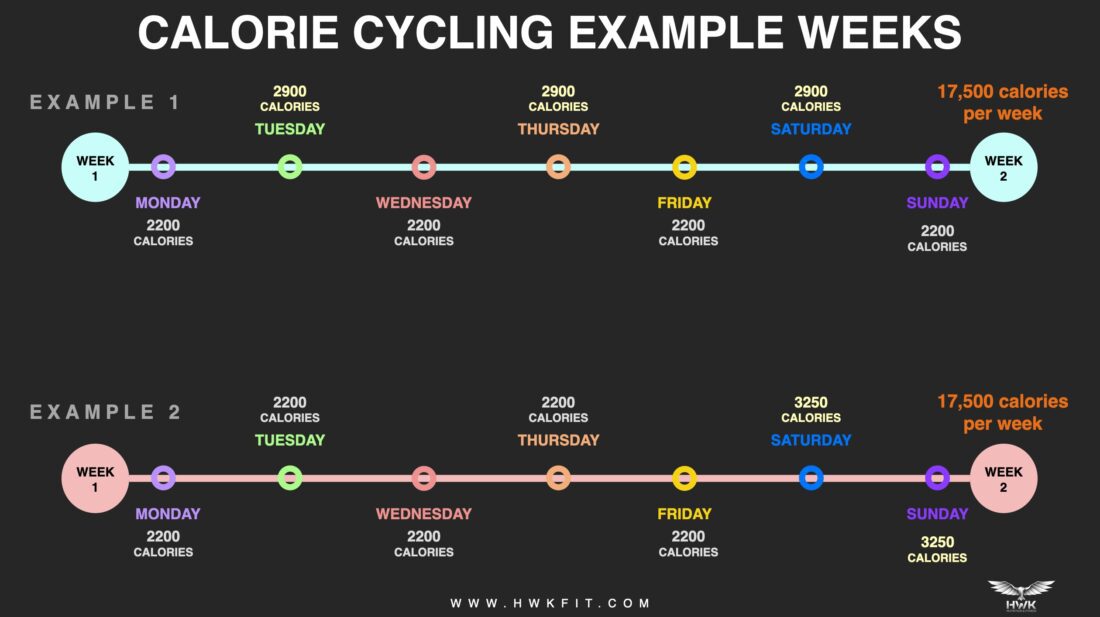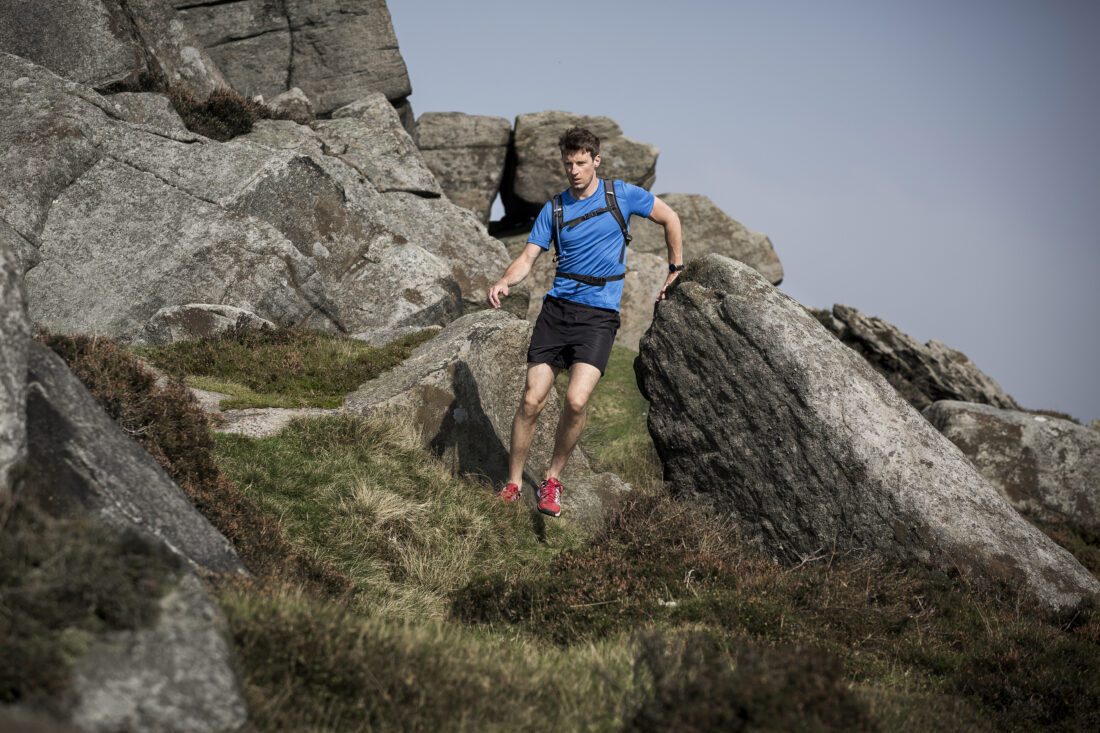It’s my intention that you digest and learn from this article in its entirety. If though you take nothing else away from it PLEASE remember this bit. Your post workout / performance nutrition is fundamentally essential if you want to progress.
Think about this. You’ve just flogged yourself in the gym or during an event. Mostly likely with the intention of bettering yourself. Getting stronger, looking fitter, feeling great? What you do next is the difference between progression, stagnation or worst case scenario, regression!
Think about all the people you see in the gym on your team or competitors you face? Do they look like they are progressing. I would say around 1/20 I see in and around the gym look like they are progressing both aesthetically or from a performance stand point. Yet I see them working very hard. So why is visible progression alluding them. One possibility is….
Poor POST EXERCISE NUTRITION! It’s likely they’ve got this all wrong. If you can get this right consistently; then progression and results aren’t far off.
Ok so we’ve highlighted the window of opportunity and established you don’t need to be so precise with timing after a strenuous workout / event. However the content of your next meal is very important. You want to initiate effective recovery so you adapt, grow and progress. Otherwise your not optimising your time when working so hard during exercise.
Studies have found certain nutrient combinations to be optimal to ensure yourecover and grow, enhancing your ability and look for next time. So we’re clear, it doesn’t mean you train hard and eat well once and you’ll be Thor or Wonder Women the next day. I think thats obvious, but train smart and eat smart consistently and things transformation will begin happen.
SIMPLE BIT FIRST
After a demanding session like a weights session, long distance cycle or game of rugby (and scything similar), consume a “meal” high in fast acting carbs, high in protein and low in fat! At least 1 hour after the session. This doesn’t need to be after every session. Just ones that you work very hard on, or that last for longer than 90 minutes. We’re aiming for maximal muscle growth, whist limiting / nullifying fat gain.
Possible meal option (1) – One scope of carb up, one scope whey protein mixed with water (rapid absorption time which is great)
Possible meal option (2) – 250g Egg whites on two slices of white toast no butter.
WHY?
Strength and endurance based exercises stimulate muscles, bones tissue etc to adapt, become stronger and grow. Tough exercise can leave us feeling tired and hungry. Both indicating factors that you have depleted your bodies energy stores. For your body to adapt and grow effectively, smart nutrition is essential.
Quick acting carbs spike insulin, but you need to eat enough of them to initiate the response avoiding too much, which repeated would result in unnecessary fat gain. Insulin is a hormone responsible for transporting glucose and aminos (carbs and proteins) into the muscle cells. This ramps ups glycogen synthesis, tipping protein balance to a positive, which repairs and replenishes new more adapted muscle.
HOW MUCH CARBOHYDRATE?
What though would be considered enough carb but not too much that you store the extra as fat. Studies suggest that a recommended carb amount to consume after exercise is between 0.8g and 1.2g per kg of body weight. 80kg person need between 64g & 96g of fast acting carb within one hour after training.
I however suggest the lower end of this scale to avoid gaining fat. stick to 0.8g and that’ll be perfect.
HOW MUCH PROTEIN?
The purpose of protein is to stimulate MPS (muscle protein synthesis). Like carbs you need to consume enough for your body to register a response. The protein source though needs to be of a complete quality, having the correct EAA’s (essential amino acids) and be fast acting in this instance. Whey protein mixed with water is perfect.
Research highlights that between 20-25g of protein is sufficient to stimulate MPS. More accurately however studies suggest the ratio of between 0.2g and 0.4g of quality protein per 1kg of bodyweight. 80kg person needs between 16g & 32g of protein.
Unlike carbs I would suggest you aim for the higher range. Stick to 0.4g for best results. Protein isn’t stored like carbs or fats so fat gain is much harder, In fact protein has a higher TEF which can assist fat loss.
WHY LOW FAT?
Eating fat each day is essential to optimised health, mental functioning, aesthetics and wellness. However eating too much fat immediately (1 / 2 hours) after intense exercise has been shown to hinder the recover and adaptable process. Adding fat slows digestion and absorption, which isn’t what we’re aiming for.
We want to flood the muscle with nutrients as quickly as possible to start the recovery and adaptations of the body. Optimising you’re hard fought time spent working out or exercising. As studies evolve, findings are less conclusive about fat. With some research suggesting it doesn’t men too much difference. Most sports nutritionist agree however that fat intake immediately after should be kept under control.
Aim for a maximum of between 3g-8g of fat in you post exercise meal.
In Short: Training Hard + Smart Nutrition = Progress
Your barometer for success are observations like: Increased strength, quicker recovery times, less DOMS (delayed onset muscle soreness), better endurance, leaner physique, fuller looking muscles, muscle hardness, respiratory improvements, increased confidence, better mood, increased self-esteem etc.



